Part 1: Feeling at home in a new place. A sense of whanaungatanga (belonging) through sharing.
For me, when I think of place I grapple with the fine balance needed between a connected mobilized community and the buy in from both business and local municipality. How a suburb, village, or city manages and maintains this balance is why the world came together to share stories of both success and failure. It is why amazing collectives like the Glass House Collective gently gathered a group of global experts to create one month, one year and three year plans for their future. We did not come to sit idly we came to reimagine, share, and exchange the potential we feel and see in place.
As placemakers we have an obligation to assist communities to organize, gather, and find the tools to lift the mauri (life force) and mana (spiritual power) of place. All the while as my kiwi colleague Keegan Aplin-Thane of Palmerston North pointedly attested: being true to what places are while sharing aroha (love) and good faith. In my personal quest of sharing the importance of manaakitanga, whanaungatanga, and kaitiakitanga I will share some vital dos and don’ts I collected in my time at the Project for Public Spaces’ 3rd International PlacemakingWeek
Don’t invest in empty lots before investing in human relationships.
Do eat, drink, and dance in the middle of the street.
Don’t overlook the minorities because you can’t see them, they are there.
Do prioritize the little things and small victories, most of the time they feel better and are less likely to hurt.
Don’t repeat the mistakes of others, invest in that sense of belonging and joy as a feeling that while not measured, adds a value with a return far beyond money in the bank.
Do reflect the past while at the same time anticipating the future.
Don’t forget the future is people powered.
Do share language, share stories, work with, not FOR.
Don’t underestimate the comfort of working in “the weeds” programming can be minority led. And by “the weeds’ we mean those areas of the town that exist but are often neglected.
The importance of reflecting and applying these learnings from North America to global placemaking is that by attending these workshops in the places that matter to the speaker I felt and understood these suggestions to my core. Shane Morrow of Rise Chattanooga referred to “the weeds” because for him and his organization all backgrounds desire to belong and celebrate the diversity of their community. Josiah Golson from the 800 collective found equity to be a collective responsibility where we share resources no matter where we are from. The 800 Collective uses public art, participatory projects, and workshops as their means of civic engagement and resource sharing.
As I opened with the Glass House Collective I would like to return and close with them. As placemakers we all prioritize positive community change. However, what is happening in this committed and connected group is the benchmark for success. It is obvious that there is a lot of “doing” happening on Glass Street. They work together with their residents and create lasting partnerships with anyone lucky enough to engage with this tight-knit community.
This is only a sampling of learnings acquired during my week in an unknown place to me on the traditional land of Tsalaguwetiyi (Cherokee, East) also known as Chattanooga that extended the hospitality to allow me to feel more at home than anything else.
My version of shared notes above and below have been gathered from various event speakers including but not exclusive to:
Marciej Zacher - Nate Hommel - Ethan Kent - Jay Pitter - Josiah Golson - Wanda Webster Stansbury - Shane Morrow - Anne Coulter - Eric Meyers - Nidhi Gulati - Charlie Brower - Glasshouse Collective
Images by: No. 89 Photography

